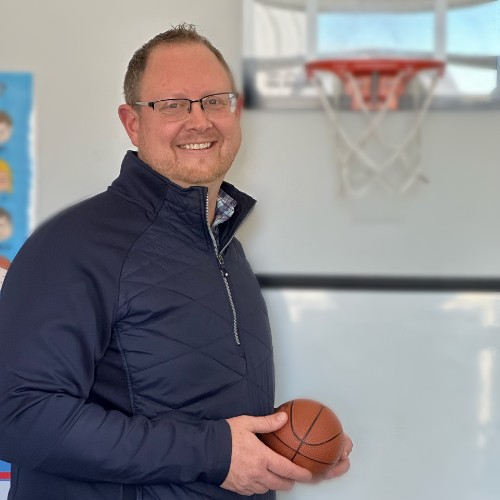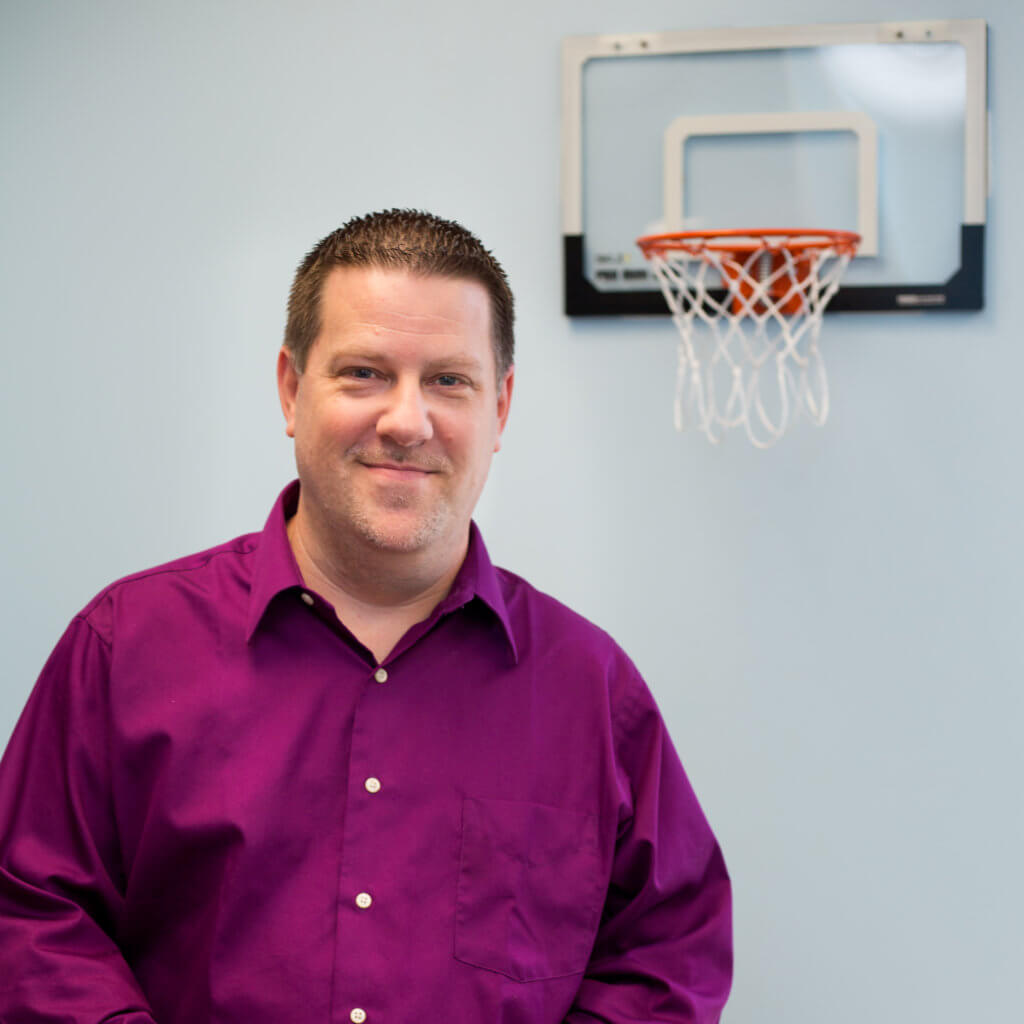The Dandelion Difference
We focus on solution-focused supports that are direct and perfect for those adults that prefer not to explore their entire life to get to the answers they need.
- 55 minute intake session- Review background history, concerns and goals
- Weekly 55 minute session to focus on answering your questions and creating solutions
- Weekly emails recapping what we discussed, links to additional information, and homework
- Reports for medical doctors and other professionals as needed
- Quick response to your phone calls and emails
- Achieving goals quickly
* Fees for each session paid separately
 Michelle’s solution-focused approach to therapy:
Michelle’s solution-focused approach to therapy:
The Solution-focused approach looks at getting to the root of the challenges as quickly as possible. We dive deep into how your childhood may impact current decisions and frustrations without having to explore every possible connection. We discuss the possibilities and then you can decide which portions you want to further explore. Sometimes the best route of therapy is to recognize the existence of something, and then to move on.
Counseling with Michelle is often a quick process with many adults ‘graduating’ in less than 10 sessions. We focus on specific solutions to challenges- whether that is parenting related, executive coaching for navigating the corporate world, exploring and understanding your ADHD/Autism, or other concerns. We recognize that sometimes therapy can be brief and that is the goal.
Michelle’s rate is $285 per session.
Learn more about Michelle. Alyse’s trauma-focused approach to therapy:
Alyse’s trauma-focused approach to therapy:
Alyse’s trauma-focused approach combines techniques from Cognitive Behavioral Therapy (CBT), Acceptance and Commitment Therapy (ACT) and EMDR to support the clients needs exactly where they are at the moment. Alyse specializes in neurodivergence and works with clients who have inner child wounds, struggle with anxiety, perfectionism, and depression while also experiencing ADHD. She recognizes that adults need a lot of variety in how they target goals, and sometimes talking is just not enough.
Counseling with Alyse focuses on targeting specific goals while also recognizing a lot of the time, you might not know what you need until you are deep in the therapy process. It is hard to project how long you may work with Alyse because new things may pop up while focusing on the known, and sometimes this is exactly the support needed.
Alyse’s rate is $275 a session.
 Matt’s solution focused approach to therapy:
Matt’s solution focused approach to therapy:
The Solution-focused approach looks at getting to the root of the challenges as quickly as possible. We dive deep into how your childhood may impact current decisions and frustrations without having to explore every possible connection. We discuss the possibilities, and then you can decide which portions you want to further explore. Sometimes the best route of therapy is to recognize the existence of something, and then to move on.
Counseling with Matt looks at targeting the exact reasons you got to this spot. He will look at communication/relationship strategies, work accommodations, and parenting solutions. You will dive deep into understanding the roots of ADHD that are complicating your life and preventing you from reaching your targeted goals. Think of Matt as your executive coach to get you from point A to B, as you take this ADHD journey together.
Matt’s rate is $140 a session.
Learn more about Matt. Geoff’s Solution-Focused approach to therapy:
Geoff’s Solution-Focused approach to therapy:
The Solution-focused approach targets clear, practical solutions to the every day challenges experienced due to ADHD. We focus on bringing recognition to the why things occur. This helps overcome the frustrations that have always prevented you from reaching the goals you expected for yourself. Geoff recognizes that ADHD adults benefit from accountability as well as flexibility as things adapt, change and new ideas emerge. He will help you differentiate the passion projects from the actual beneficial steps that will aid in working towards that growth. The Solution-focused approach draws on Cognitive Behavioral Therapy in that you will develop action steps that are specifically designed for the ADHD brain, while also exploring the thoughts, feelings and emotions that develop when you feel challenged in working towards your goals.
Geoff’s rate is $120 a session.
Learn more about Geoff. Madison’s mindfulness approach to therapy:
Madison’s mindfulness approach to therapy:
The mindfulness approach is about recognizing who you are and how you got there, but without the judgmental spin we tend to take on life. She will focus on free will and self-discovery through exploring feelings and meaning behind actions while focusing on strengths. Being mindful is all about empathy for ourselves, and that is a major focus of Madison’s approach for young ADHD adults.
Madison’s rate is $140 a session.
Learn more about Madison.Michelle’s Synergetic play therapy approach to therapy:
The Synergetic Play Therapy approach looks at how attachment, emotions, sensory needs and perceptions affect the parent-child relationship. It specifically focuses on helping children repattern their nervous systems, so that they can effectively manage the intensity inside their bodies. This is especially effective for aggressive children, or those with high dysregulation and/or impulsive behaviors. The Synergetic Play Therapy approach recognizes that children will do whatever is necessary to manage the range of emotions and sensations that are arising in their bodies. If it feels as if you are walking on egg shells, then this may be the approach for your child.
For parents- we focus on the impact of perception, the emotions towards how things were ‘suppose to go,’ the developmental stages of growth and change, deeply understanding your child’s diagnosis as well as brain development. Synergetic Play Therapy integrates neuroscience with mindfulness while we integrate emotions, feelings and perceptions to reduce outbursts, meltdowns, emotional extremes and aggression.
Learn more about Michelle.
Robert’s neurobiological approach to therapy:
The neurobiological approach can be considered an extension of Cognitive Behavioral Therapy (CBT). This physiological approach looks at how the neural functioning of neurons and neurotransmitters shape and affect the behavior of a person. In the case of mental health this approach attempts to relate human behavior to electrical and chemical activities that is taking place in the brain and central nervous system. A person’s difficulty in thinking before responding emotionally or behaviorally can be further understood by examining the brain and how people respond under certain conditions like stress, threats, or pleasure.
This approach especially focuses on how learning and the processing of information occurs within the person by looking at how sensory input from the eyes, ears and other sensory organs work and pass information along to the brain. This leads to a greater understanding of how to attract and maintain a learner’s attention. By further understanding sensory information along with any other form of information (and how it is actually processed in the brain) is leading to a greater understanding of such things as the nature of memory, certain behaviors and how to regulate emotional states and functional behavioral responses. Robert uses this neurobiological approach specifically in his work with ADHD and Anxiety, as well as other behavioral issues and parent coaching.
Learn more about Robert.

Michelle’s Synergetic play therapy approach to therapy:
The Synergetic Play Therapy approach looks at how attachment, emotions, sensory needs and perceptions affect the parent-child relationship. It specifically focuses on helping children repattern their nervous systems, so that they can effectively manage the intensity inside their bodies. This is especially effective for aggressive children, or those with high dysregulation and/or impulsive behaviors. The Synergetic Play Therapy approach recognizes that children will do whatever is necessary to manage the range of emotions and sensations that are arising in their bodies. If it feels as if you are walking on egg shells, then this may be the approach for your child.
For parents- we focus on the impact of perception, the emotions towards how things were ‘suppose to go,’ the developmental stages of growth and change, deeply understanding your child’s diagnosis as well as brain development. Synergetic Play Therapy integrates neuroscience with mindfulness while we integrate emotions, feelings and perceptions to reduce outbursts, meltdowns, emotional extremes and aggression.

Robert’s neurobiological approach to therapy:
The neurobiological approach can be considered an extension of Cognitive Behavioral Therapy (CBT). This physiological approach looks at how the neural functioning of neurons and neurotransmitters shape and affect the behavior of a person. In the case of mental health this approach attempts to relate human behavior to electrical and chemical activities that is taking place in the brain and central nervous system. A person’s difficulty in thinking before responding emotionally or behaviorally can be further understood by examining the brain and how people respond under certain conditions like stress, threats, or pleasure.
This approach especially focuses on how learning and the processing of information occurs within the person by looking at how sensory input from the eyes, ears and other sensory organs work and pass information along to the brain. This leads to a greater understanding of how to attract and maintain a learner’s attention. By further understanding sensory information along with any other form of information (and how it is actually processed in the brain) is leading to a greater understanding of such things as the nature of memory, certain behaviors and how to regulate emotional states and functional behavioral responses.
Robert uses this neurobiological approach specifically in his work with ADHD and Anxiety, as well as other behavioral issues and parent coaching.

Alyse’s Yoga & Mindfulness approach to therapy
The mindfulness approach with yoga techniques is an extension of Mindfulness Based- Cognitive Behavioral Therapy, which utilizes breathing techniques and meditation to change/rewire neuropathways. Yoga allows children to use their imagination and develop healthy coping skills. Children that struggle with temper tantrums and anxiety often have difficulties regulating their emotions. Meditation, visualization, and breathing within yoga poses allows them to develop these techniques in situations that heighten their emotional response. Being mindful increases children’s awareness of their emotions and allows them to focus on how they may be feeling or responding to various situations. Mediation or visualization focuses on altering stress responses by promoting stillness of the mind for increased attention. Yoga’s integration of the breath and movement enhances modulation, organization, and as mentioned self-regulation, as well as improves motor planning, balance and strength.
In combination, these are great techniques to utilize with children who experience ADHD symptoms and are on the Autism Spectrum.

Ashley’s Mindfulness and Child Centered Play Therapy approach to therapy:
A Child Centered Play Therapy approach is all about meeting your child where they are at in an accepting, nonjudgmental way. Children, like adults, want to be accepted for who they are. I believe in the value, uniqueness, and dignity of every child and family that come through my door. I want to earn your family’s trust in order to help you accomplish your goals.
As a former preschool teacher, I know that fostering a special environment where your child feels safe and accepted is key. Whether it is in a classroom or a counseling office, having a warm, fun, and creative space helps children learn, gain confidence, and explore more about themselves. Your child can work through their frustrations through play, sand tray, and expressive arts activities to explore their deeper emotions. Mindfulness activities, such as deep breathing and visualizations, will help your child learn to better self regulate. Psychoeducation and parent coaching will help round out your family’s counseling experience. I want your family to feel supported and better equipped to handle the joys and challenges your child will experience.
